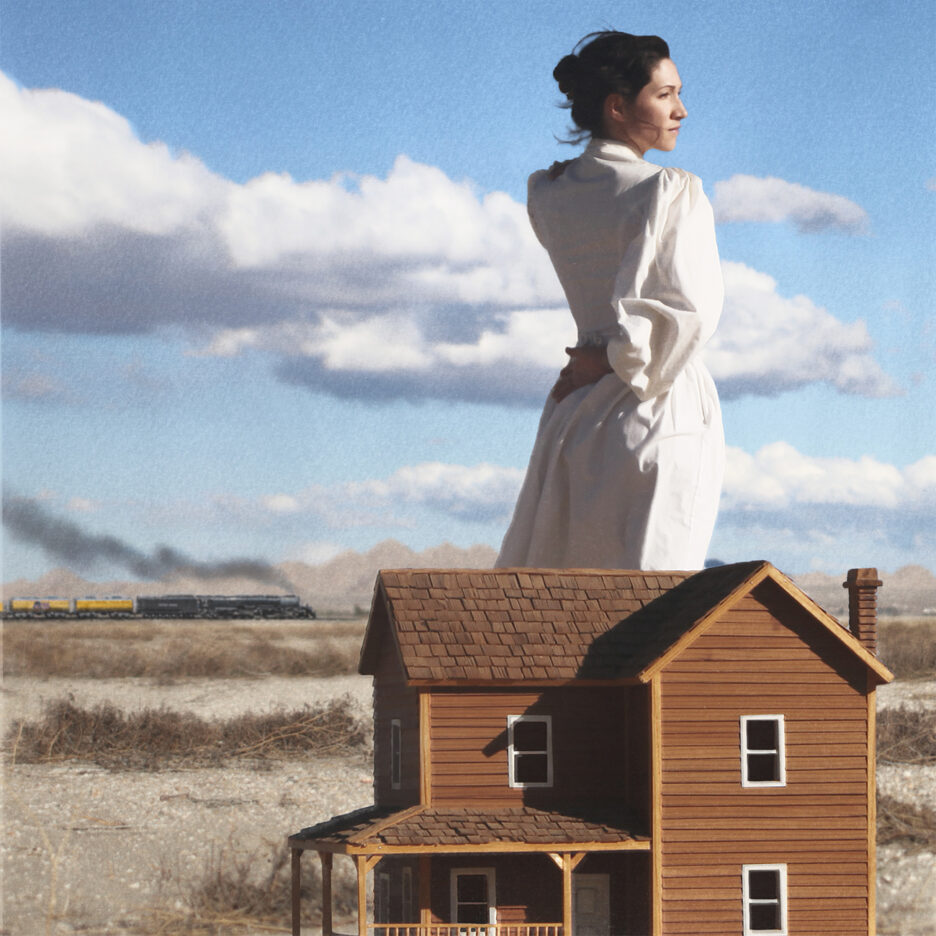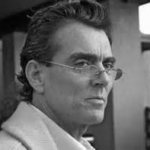On American Dust, Eve Adams draws inspiration from her years living in the high desert of California—a landscape where wind and sand coat everything in a veil of history.
“The same swirling dust that clung to the covered wagons of my ancestors… is the same dust that blows in through the cracks in my windows here in the desert, carrying stories from a time long gone,” Adams reflects. It’s this sense of continuity between past and present that gives the record its haunting weight.
Produced by Adams alongside Bryce Cloghesy (a.k.a. Military Genius of Crack Cloud), the album also features Gamaliel Traynor on cello and Caroline’s Oliver Hamilton on violin. The result is a collection of songs that feel both fragile and cinematic, rooted in folk but drifting into dreamlike territory.
The opening track, “Nowhere Now,” sets the tone with low-slung guitar and Adams’ voice—delicate yet magnetic—gliding across luminous textures. “Couldn’t Tell the Time” sways with the ease of a Dylan-inspired folk tune, yet its sultry undercurrent hints at Chris Isaak’s noirish romanticism. Adams’ lyrics carry a wry elegance: “Is it half past school bells or quarter to windchimes?”
“Strangers” is a standout, its shadowy atmosphere pulsing with mystery. Spacious and reverberant, it envelops Adams’ voice in smoke and shimmer, a perfect showcase for her ability to sound both intimate and commanding. By contrast, “Amen!” opens with a lonely train whistle before blooming into gospel-tinged warmth, its rising chorus lifting like a hymn.
Elsewhere, Adams dares listeners to embrace vulnerability. On “Get Your Hopes Up,” jaunty barroom piano and fiddle create a playful backdrop for her reminder that hope, like love, is always a risk worth taking. The closing track, “Death Valley Forever,” is a slow-burning dreamscape where harmonica and hushed harmonies cloak Adams in a haze of country and dream-pop.
Neither quite folk nor country, American Dust lingers in the liminal space between genres. Its strength lies in Adams’ voice—rich, nuanced, and quietly powerful—guiding the listener through landscapes that feel at once timeless and deeply personal.


Be the first to comment